BJP takes the throne in UP: What it means for the Narendra Modi persona
Sat 11 Mar 2017, 16:35:57
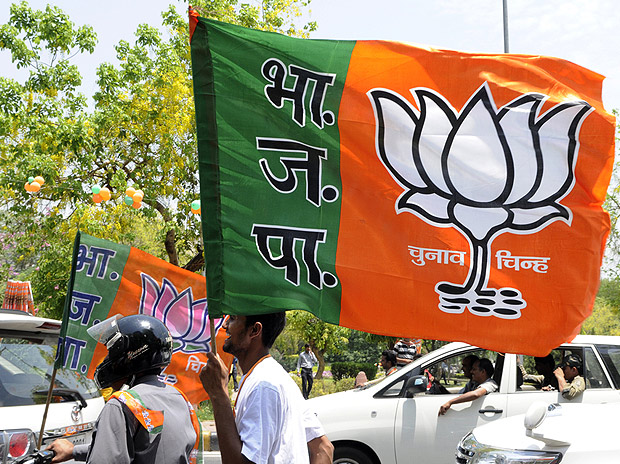
On the back of its UP performance, the BJP is betting that it is going to win every election between now and the general elections of 2019 (and it will probably win most of them). Come 2019, Narendra Modi will get another chance to become Prime Minister of India. Amit Shah, playing Advani to Modi’s Vajpayee will galvanise the organisation as only he can, with a degree of ruthlessness and singlemindedness, so that it puts down roots in areas where it never existed.
In the 2014 Lok Sabha elections, the BJP won 71 parliament seats by winning 328 (81 per cent) of 403 assembly segments. The last time a political party won more than 80 per cent of all constituencies in UP was in 1977, when the Janata Party won 80 per cent of the seats in a post-emergency landslide.
Not only did the BJP win 81 per cent of seats in 2014, but it did so with a massive margin. The BJP won 253 out of the 403 constituencies with greater than 40 per cent vote share in the 2014 elections. While comprehensive data is yet to come, the chances are it will have crossed this benchmark.
The party has surpassed its 2014 record. Even critics concede that the Modi-Shah duo must get the credit for the victory.
What will this do to the Narendra Modi persona?
What stands out in this election is the balance between religious appeal and issues of development. To be sure, religious differentiation was flagged openly and unapologetically; but in the land of the Ram Mandir, there was no overt campaign reference to the rebuilding of the temple. Modi may have attended aartis and visited the Shani Mandir in Varanasi. But more important are the temples he did not visit.
Given his party’s performance, this will
likely reaffirm the belief that social aspiration and development works better as an election slogan than ‘mandir vahin banayenge’. That said, many of Modi’s sarcastic observations in his public meetings (for instance, ‘yahan bhi khuda, vahan bhi khuda…’) suggests that a pracharak never changes his spots. This was confirmed by a top BJP leader who said: “This performance will mean minority appeasement will be attacked with more vigour”. Issues like triple talaq and a common civil code are likely to be debated with the BJP setting the agenda for the debate. The Modi-BJP minority project now, is likely to be to ‘reform’ minority thinking.
likely reaffirm the belief that social aspiration and development works better as an election slogan than ‘mandir vahin banayenge’. That said, many of Modi’s sarcastic observations in his public meetings (for instance, ‘yahan bhi khuda, vahan bhi khuda…’) suggests that a pracharak never changes his spots. This was confirmed by a top BJP leader who said: “This performance will mean minority appeasement will be attacked with more vigour”. Issues like triple talaq and a common civil code are likely to be debated with the BJP setting the agenda for the debate. The Modi-BJP minority project now, is likely to be to ‘reform’ minority thinking.
The demonetisation theme has been a constant feature of the election – even if not overt. The victory will push the government to validate the theory it has forwarded, that the corrupt will be found and punished. Visible and public pursuit of tax evaders is almost certainly on the cards.
To be sure right now Narendra Modi is the monarch of all he surveys. But many in his party and the sangh continue to be concerned at untrammeled centralization in decision making. Given the contribution by the RSS in helping the UP victory, it is possible that it will now demand a share of the credit. Modi could be forced to yield ground.
Many of the problems the government faces are legacy issues. But apart from inclusive financing, there aren’t too many big ideas – in education, for instance. Now, flush with political success, it is possible that these sectors will be under the spotlight.
In 2014, it was Modi’s ‘chhappan inch nu chhati’ (56-inch chest) that his supporters flagged as his USP. This election has added a couple of inches to that.
No Comments For This Post, Be first to write a Comment.
Most viewed from Politics
AIMIM News
Latest Urdu News
Most Viewed
May 26, 2020
Is it right to exclude Bangladesh from the T20 World Cup?
Latest Videos View All
Like Us
Home
About Us
Advertise With Us
All Polls
Epaper Archives
Privacy Policy
Contact Us
Download Etemaad App
© 2026 Etemaad Daily News, All Rights Reserved.

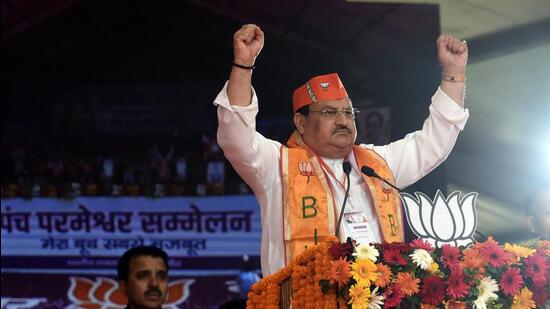
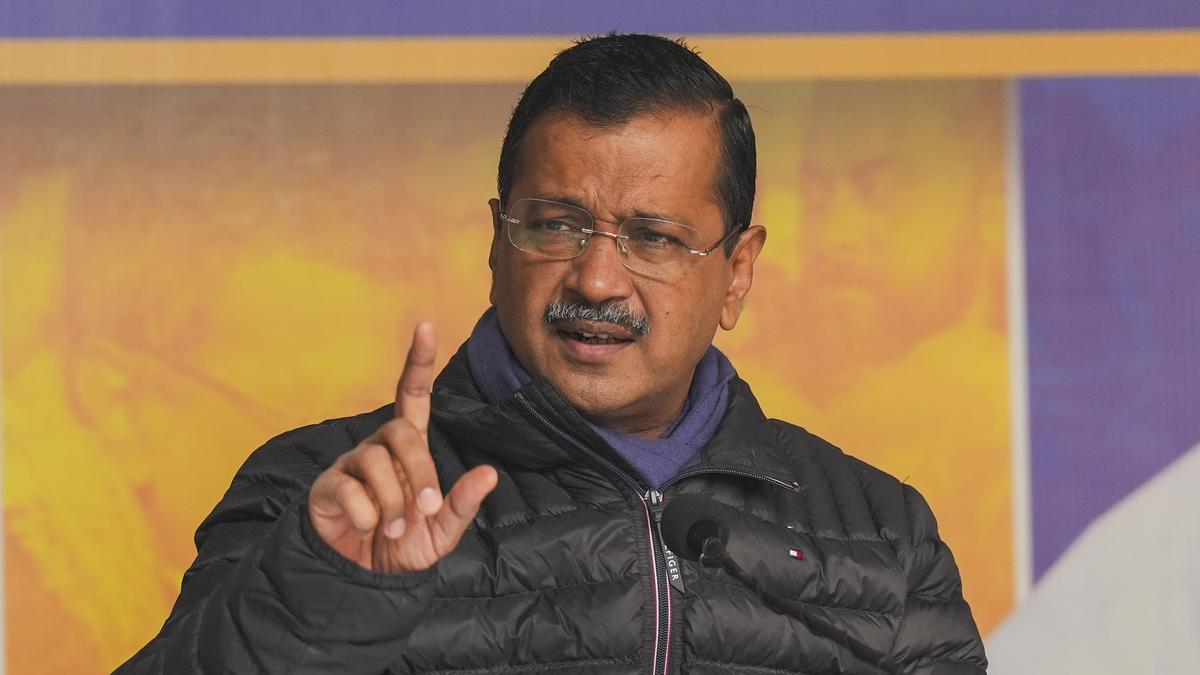
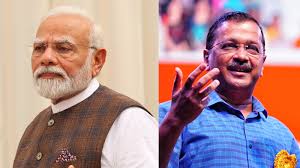
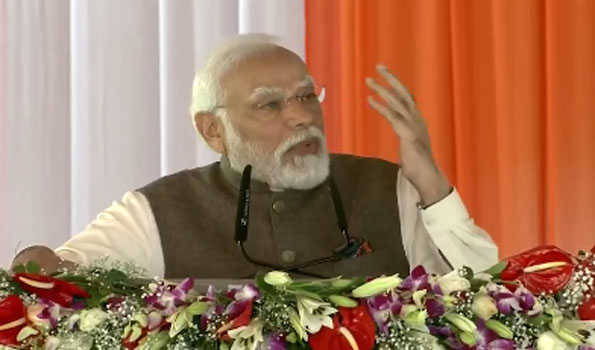
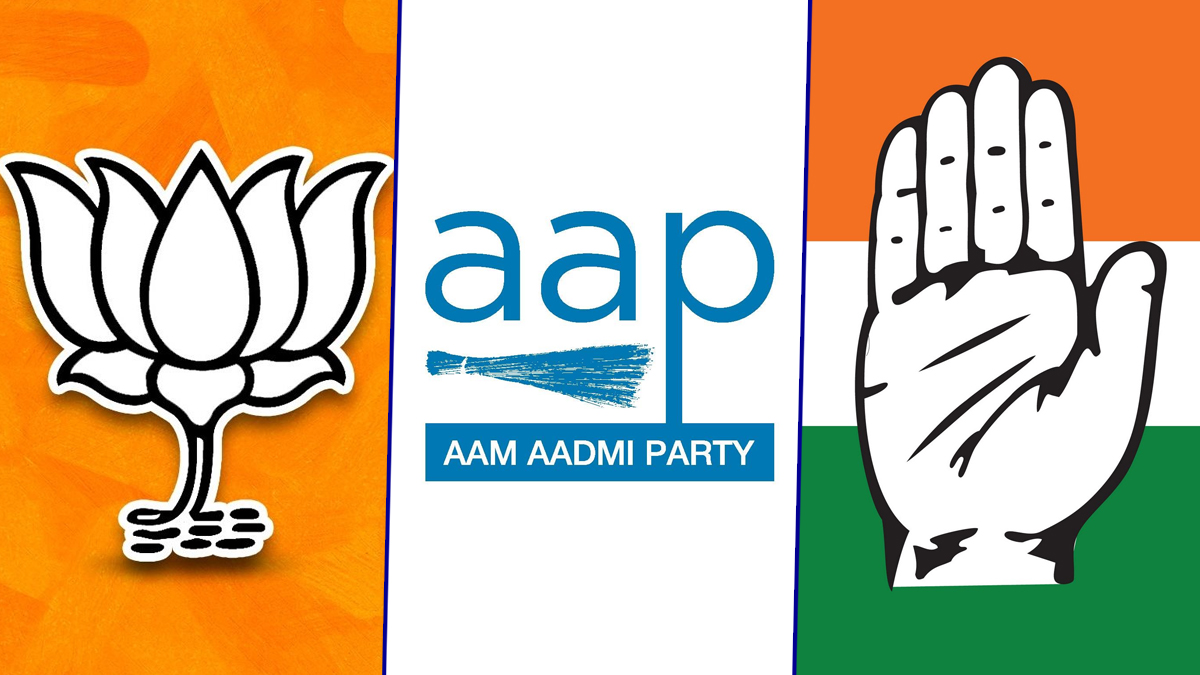
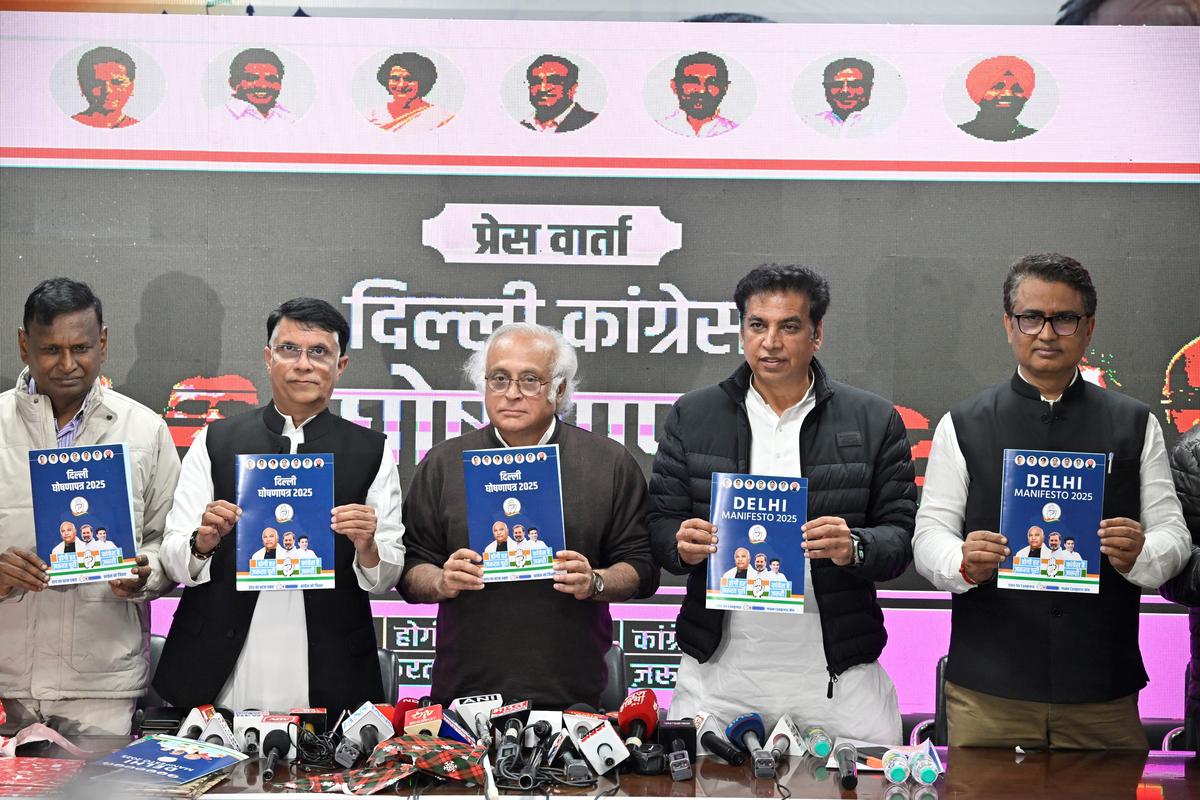
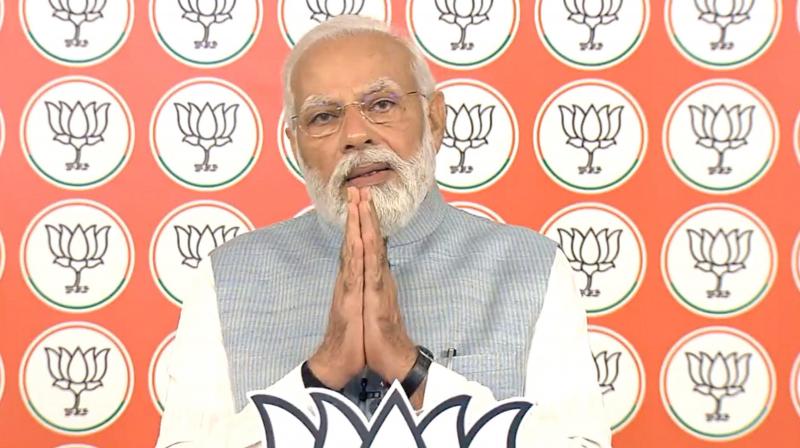
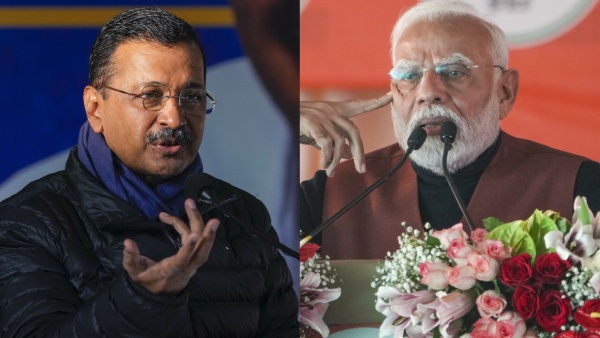
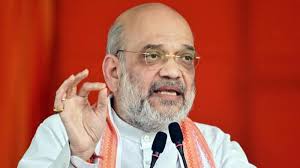
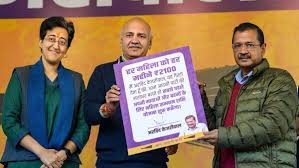
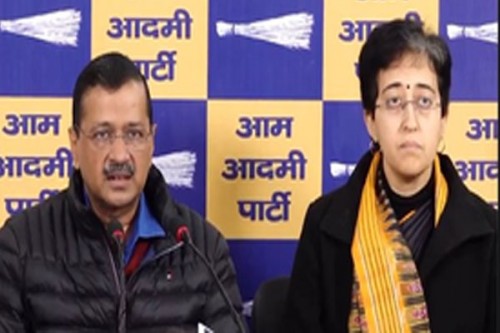
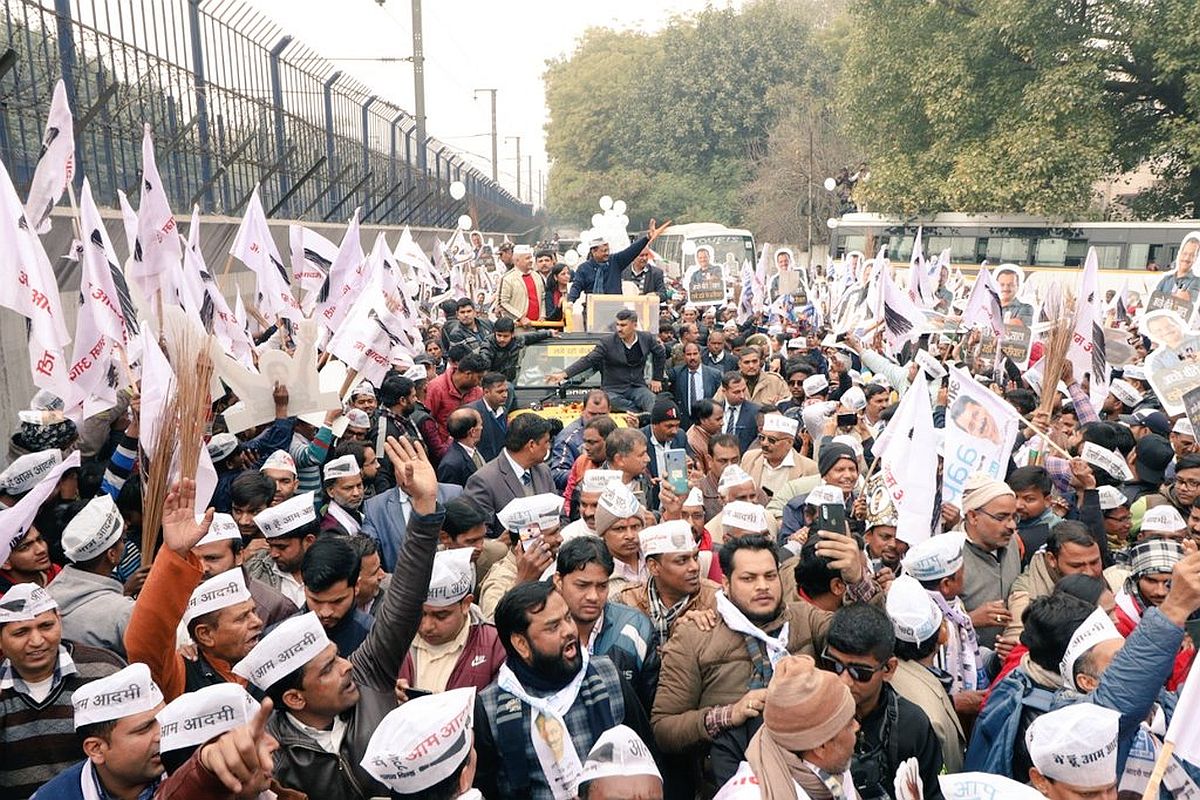












.jpg)
.jpg)
.jpg)


